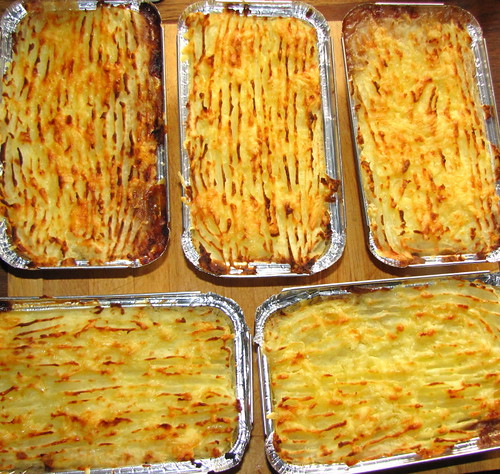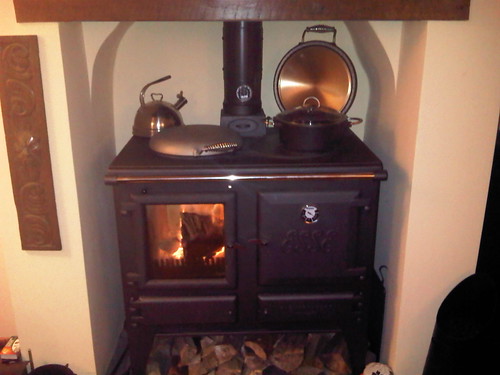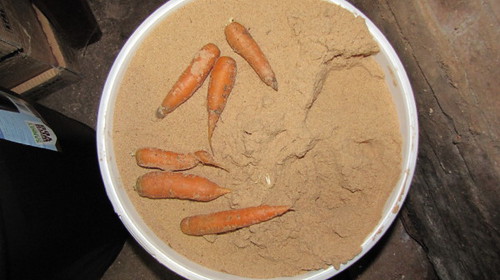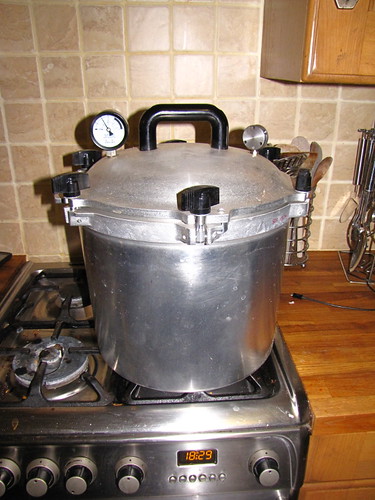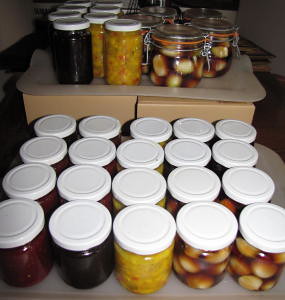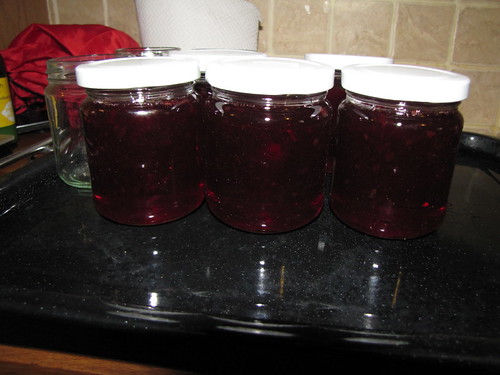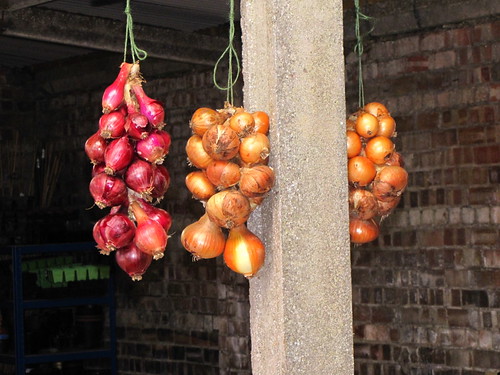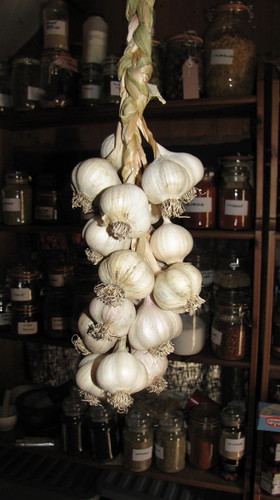Inspired (?) by this thread Living basic to save on bills I thought it would be interesting and useful to gather together some useful and practical tips. Most of the books and TV programmes on the subject seem to require you to become Tom Good with a couple of acres of land or to have a huge amount of capital to get you started, by suggesting things like "replace your mains electricity with a generator connected to a water wheel", or "devote an acre of your garden to growing vegetables". Whilst these might make good TV or sell loads of books, they aren't practical to most of us. Tips should also be ethical, so recommending you use the local swimming pool/gym for showers is just 'stealing' from others. Tips for doing everyday things in a more environmentally friendly way are also much appreciated.
So I'm looking for things that most people could do, given that they probably live in a modern-ish house on some kind of housing estate, have a job to go to and so can't 'go feral', and they don't have much money to plough into replacing large bits of infrastructure. In my case my garden is only 10[SUP]2[/SUP] so converting it into an allotment isn't practical, although I concede that I could plant up one or more square-foot gardening beds.
I don't have much to contribute as I'm looking for suggestions, but I'll start with...
1) Disconnect the waste pipe from the washbasin in the toilet/bathroom/both and redirect it into a large plastic container. Use this grey water for flushing the toilet. This tip comes from my late father who did exactly this during the drought of 1976.
2) Turn the thermostat down a degree or two and put on an extra layer of clothing (but be wary of the risk of hypothermia).
Over to you guys...
So I'm looking for things that most people could do, given that they probably live in a modern-ish house on some kind of housing estate, have a job to go to and so can't 'go feral', and they don't have much money to plough into replacing large bits of infrastructure. In my case my garden is only 10[SUP]2[/SUP] so converting it into an allotment isn't practical, although I concede that I could plant up one or more square-foot gardening beds.
I don't have much to contribute as I'm looking for suggestions, but I'll start with...
1) Disconnect the waste pipe from the washbasin in the toilet/bathroom/both and redirect it into a large plastic container. Use this grey water for flushing the toilet. This tip comes from my late father who did exactly this during the drought of 1976.
2) Turn the thermostat down a degree or two and put on an extra layer of clothing (but be wary of the risk of hypothermia).
Over to you guys...


